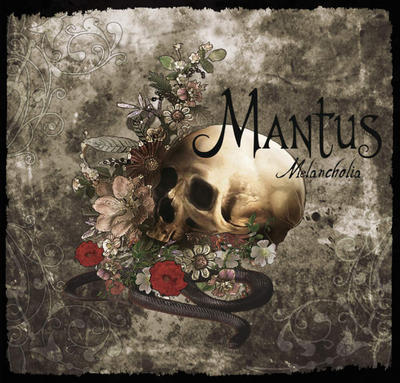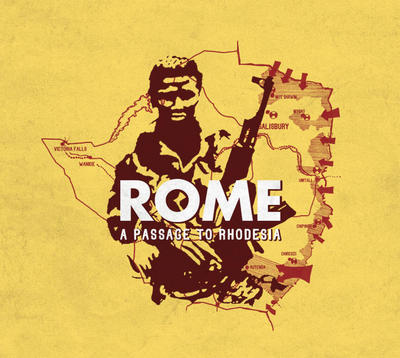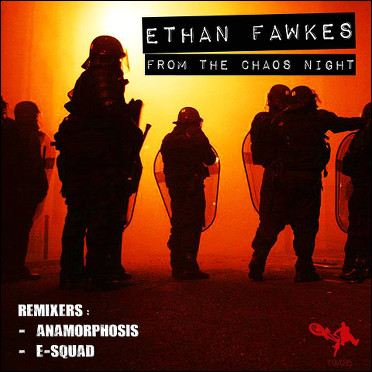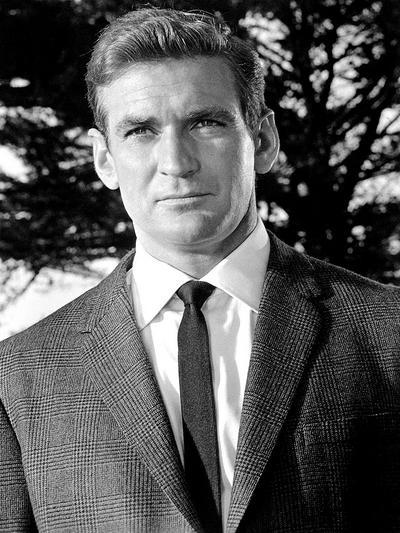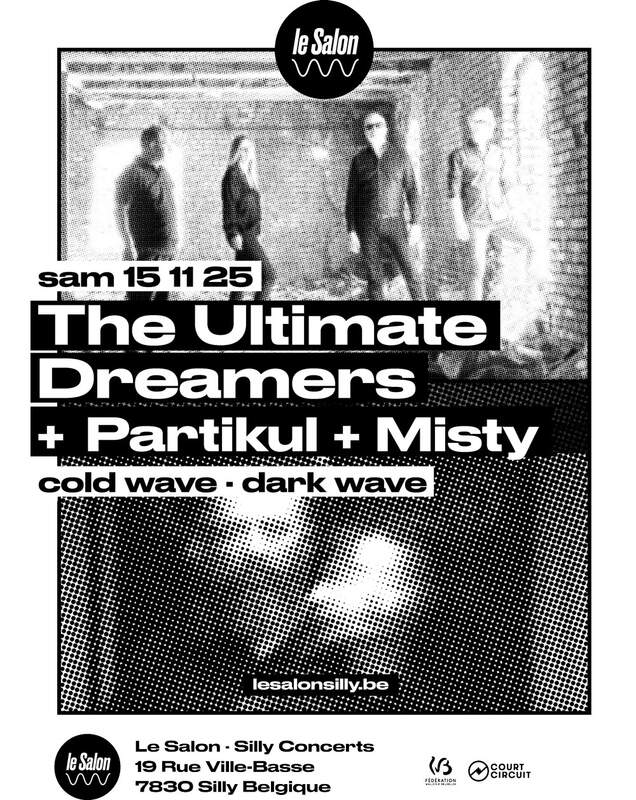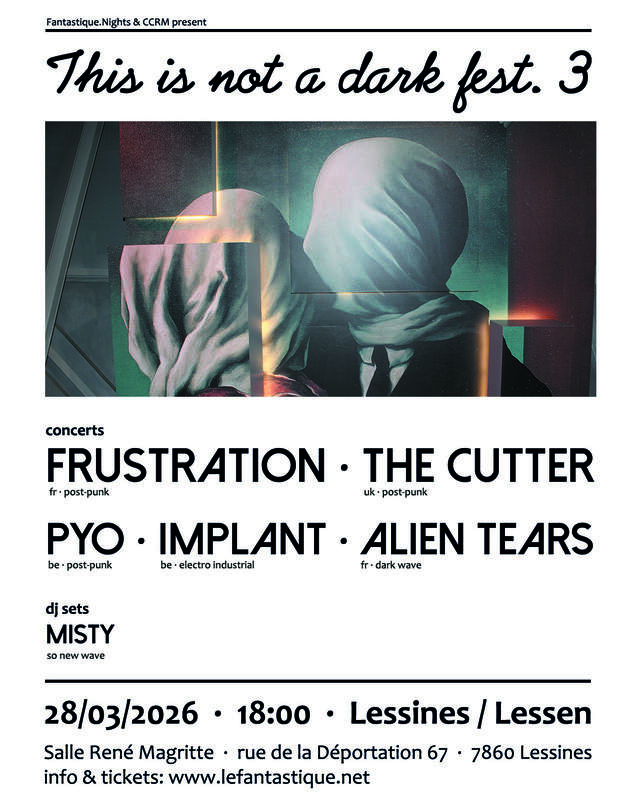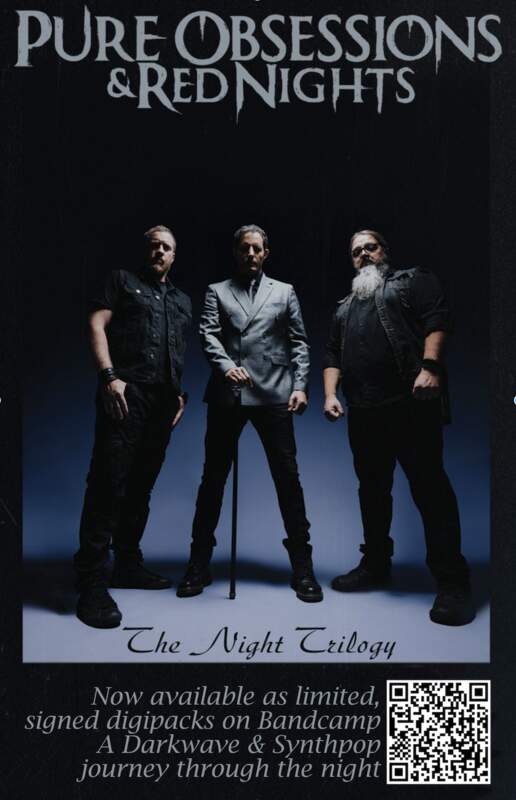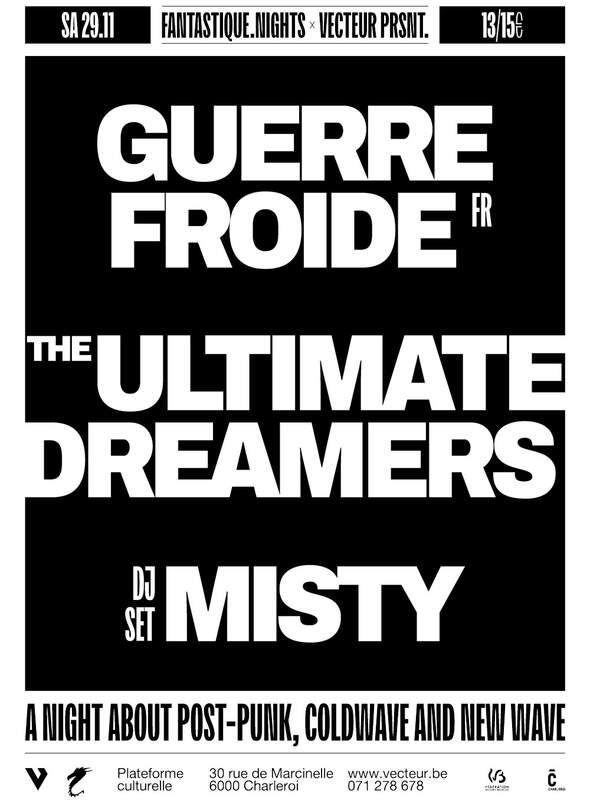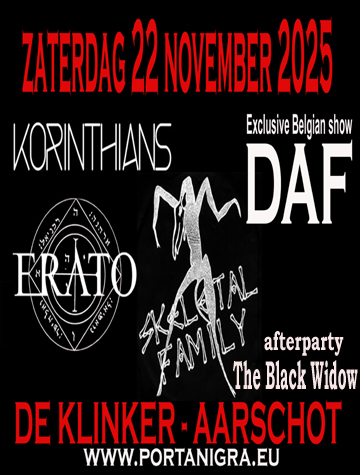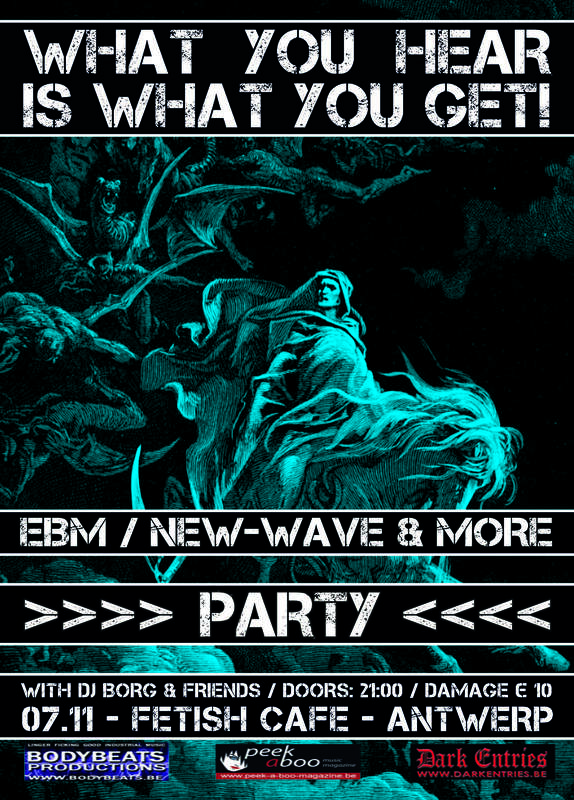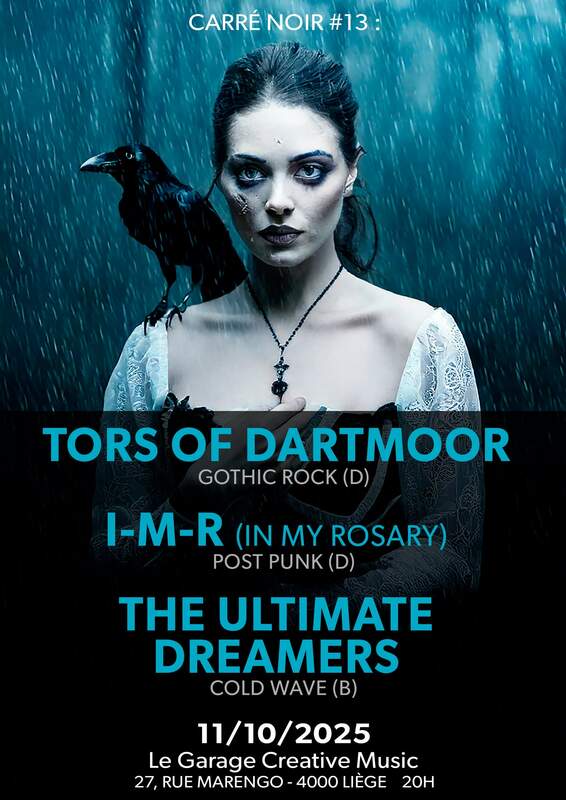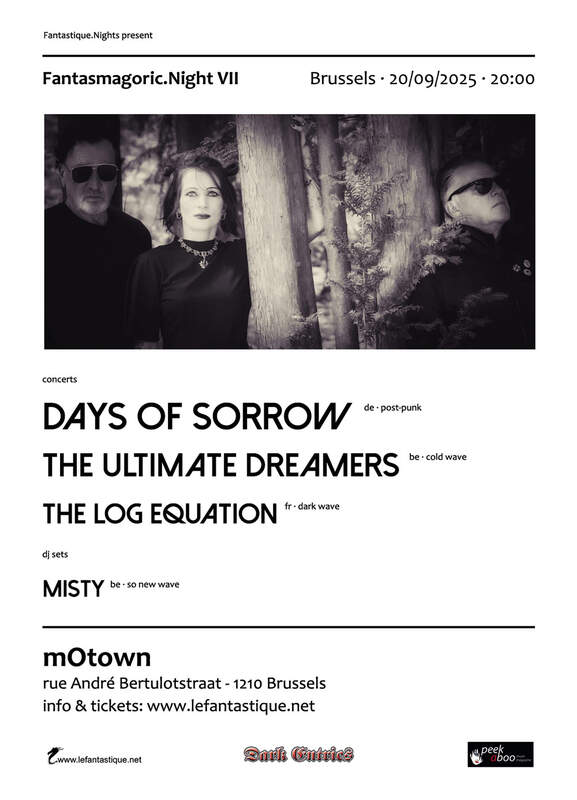15 years of German Gothic history reach their tentative peak! 15 years of melancholy, of musical grief, of despair and of solitude culminate in a new studio album that is bearing the agony, the power and the wrath of the last 15 years and is yet gazing into the future. And above all that, above the dark melodies and the elegiac vocals, a single name looms. A name that could not be chosen better for this album, for this music, for this career: “Melancholia.” The end of all things is near. We knew that. We didn't know, however, how near it was. Martin Schindler did. After 15 years behind the steering wheel of Gothic galley MANTUS he should have said everything, should have done everything to free his demons and gain salvation. But apparently, he didn't, which is why he struggles on.
“Melancholia” tells of battles and of failures in a hostile world, tells how hard it is not to lose hope when faced with war, sorrow, terror and injustice. How hard it is not to look away. And thus, “Melancholia” begins with the end – with “Die Welt zerbricht”, a monument for depression, a song carried by a waltzing heaviness repeating one thing over and over again: “Und wir haben keine Tränen mehr.” Why is he still carrying on? Why is he still the architect of his sorrow, the composer of his very own requiem? Because he has no other choice. He is haunted, hoping against all odds that even after 15 years he will find answers in his dark music, in his suffering and cathartic lyrics. After the last, more or less worldly albums, “Melancholia” gazes at the inside, at the fragile soul of Martin Schindler, at his thoughts, his doubts, these always returning doubts and at the spectres of his past. Never has he written a more intimate and personal song than “Auf Papier” whose oceanic strings and pressing Metal guitars allow a totally unobscured view of his inner life.
Perhaps, though, this is the way. Perhaps this forced engagement with all things painful is his only, his last opportunity to finally understand what life is all about. 15 years with MANTUS, 15 years against the world have turned him into an artist that has been playing by his own rules for long and that is gracing the Gothic scene with an album breathing progress and being a scene masterpiece through and through. There is “Kopie” with its sorrowfully played acoustic guitars and the “Lied vom traurigen Sonntag,” the long overdue MANTUS version of the Hungarian suicide song. And because 15 years existence almost force you to glance backwards, the bonus CD contains new versions of classics like “Wir warten auf den Tod” which has been interpreted by Chiara in a way that can only be described as angelic. A lot has happened, a lot of scars will remain. But next to the wounds, the deep craters of the soul, one certainty will endure: It is music that saves us from an even worse fate. It's a work like “Melancholia” in whose tenor of desperation also lies the power that keeps us from giving up. Dark, deep and meaningful - “Melancholia” is the musical definition of gloom.
“A Passage to Rhodesia” is ROME's tenth album, but it's safe to say it's one of the most important releases in its long-standing career.
The album unites instant dark folk classics such as “A Farewell to Europe” and “One Fire” with ambient collages in the best industrial and experimental traditions. Mastermind Jerome Reuter has accomplished a great swirling devil of a record, an epic and tragic masterpiece of considerable scale, rich in theme and philosophic inquiry. “A Passage to Rhodesia” is set against the backdrop of the Bush War (Bush as in jungle, not the American presidents) in the country named after imperialist Cecil Rhodes.
The protagonists - a generation of Whites in Black Africa fighting and dying for a lost cause - are caught in a web of blinkered complacency and radical prejudice. Jerome Reuter takes an open-hearted look at the tragedies, insanities and absurdities of war-torn Rhodesia in the dog days of white supremacy in southern Africa. “A Passage To Rhodesia” is a remarkable, yet deeply disturbing odyssey driven by a strange love for the country and its people, a witness-bearing of the rarest courage.
Out via Tailwhip Records is the newest EP by Ethan Fawkes, "From The Chaos Night". The EP holds the title track plus remixes by two young Liège based projects, Anamorphosis and E-Squad.
soundcloud.com/tailwhip-records/ethan-fawkes-from-the-chaos-night-e-squad-remix
Taken from the album "THE HOUSE OF RAIN".
written and directed by Milton Decamotan and Sevren Ni-Arb
AMPLIFIED DICHOTOMY
we´re shaking our hands
and break the contract
we´re telling the truth
and live our lies
we´re crying out loud
and sleep with dried tears
we´re moving the mountains
and we fall in the wind
I hate you
you love me
amplified dichotomy
I leave you
you need me
amplified dichotomy
I kill you
you save me
amplified dichotomy
Rod Taylor, the suave Australian native who came to Hollywood and starred in such films as The Birds and The Time Machine, has died. He was two days shy of turning 85.
Taylor died Thursday at his home in Los Angeles, his daughter Felicia told confirmed to The Los Angeles Times.
Taylor's big breakthrough came with his starring turn in The Time Machine, director George Pal's 1960 adaptation of the H. G. Wells 1895 sci-fi classic.
He also played the heroic Mitch Brenner in Alfred Hitchcock's 1963 classic The Birds, coming to the aid of Tippi Hedren, and he starred opposite Elizabeth Taylor and Richard Burton in another 1963 release, The V.I.P.s.
Most recently, he played Winston Churchill in Quentin Tarantino's Inglorious Basterds (2009).
The Sydney native made an early mark when he starred on the ABC 1960-61 series Hong Kong. At $3,750 per episode, he was said to be the highest-paid actor in a one-hour show.
His film resume also includes the romantic comedy Sunday in New York (1963), playing a bachelor opposite the virgin Jane Fonda; 101 Dalmatians, where he was the voice of Pongo; and Do Not Disturb (1965) and The Glass Bottom Boat (1966), both opposite Doris Day.
Taylor tested for the role of middleweight boxing champion Rocky Graziano in Somebody Up There Likes Me (1956), but the part went to Paul Newman. Still, he impressed MGM studio chief Dore Schary, who gave him a contract and cast the actor in the Bette Davis-Ernest Borgnine comedy The Catered Affair (1956) in which he is engaged to Debbie Reynolds' character.
During this time, he also landed supporting roles opposite top-flight casts in Giant (1956) and Separate Tables (1958).
"To a large degree, those early lean days were self-imposed," he told Screenland magazine in 1961. "I would only do the good things. I wouldn’t do anything I didn't consider prestige. I'd much rather turn down a starring role in a bad picture and do a small role in a very good picture."
Taylor was also memorable in the 1964 films Fate Is the Hunter and 36 Hours; as the title character in Young Cassidy (1965); and Dark of the Sun (1968).
Later, he had regular roles on the TV series Bearcats!, The Oregon Trail and Outlaws, and he played Frank Agretti on the CBS primetime soap Falcon Crest.
In 1977, he returned to Australia to star in the nostalgic The Picture Show Man. He also starred in the 1982 Australian thriller On the Run and was Daddy-O in Welcome to Woop Woop (1997).
Source: The Hollywood Reporter


